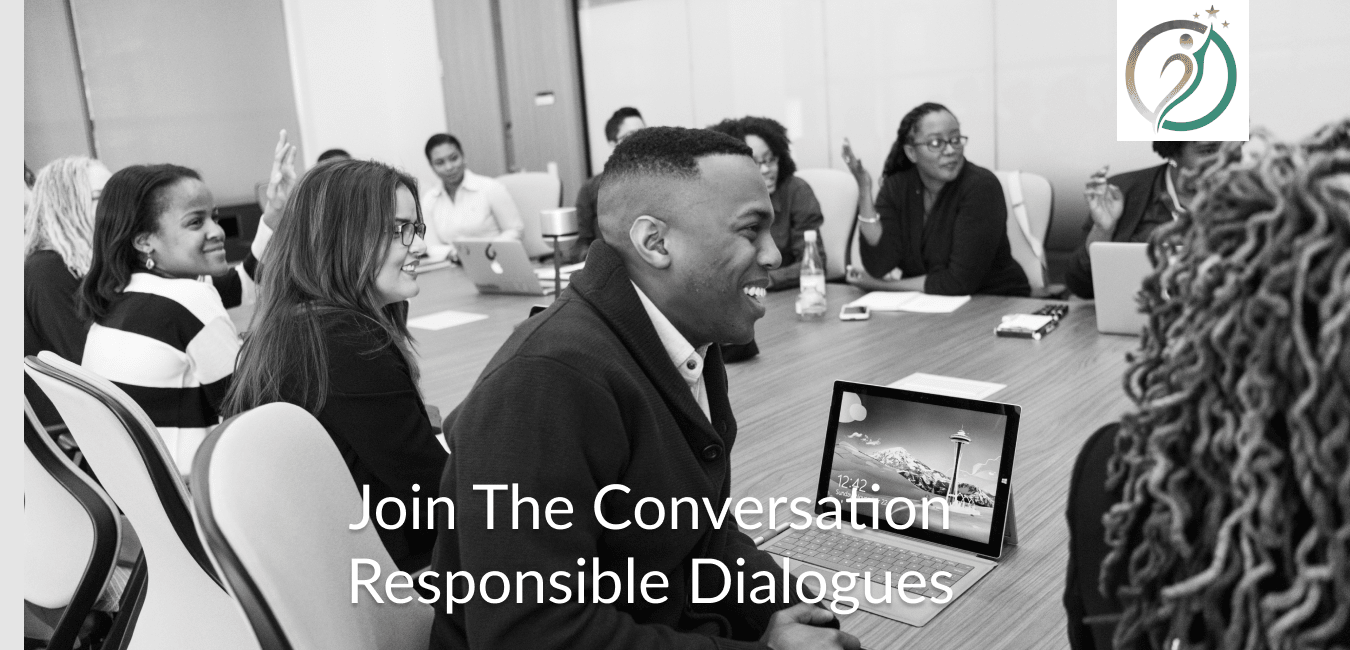
3 Things You Can Do To Combat The Stigma of Addiction
Join us and make your voice heard!
This article was originally posted by the Clinton Foundation.
The stigma of addiction is thought to be the No. 1 barrier to effectively addressing the opioid crisis.
Every day more than 130 people lose their lives to the opioid epidemic and another 18.7 million people have a substance use disorder. Chances are high that someone you know is struggling with a substance use disorder, and these numbers illustrate an ongoing epidemic that is affecting communities around the country.
By far, fighting stigma is the toughest challenge in fighting the opioid epidemic. People often don’t seek the help they need because of feelings of shame, judgment, and discrimination.
One of the ways the Foundation’s Opioid Response Network works to reduce stigma is by training faith partners in cities across the country on how to speak about substance use disorders from the pulpit to educate their congregations and create supportive environments.
Everyone can play a part in reducing this stigma. We can choose language that actively destigmatizes addiction and through education, we can break up the negative stereotypes. There is no reason that a person with a substance use disorder should feel shame for getting help.
Here are three ways you can help end the stigma of addiction.
1. Be informed, and recognize that addiction is an illness.
The opioid crisis can be a difficult and sensitive topic to discuss with your loved ones, and it may feel easier to avoid altogether. We all have a responsibility to act, and you can educate yourself to be better informed and prepared to tackle this epidemic head-on in your community.
Most people wouldn’t shame someone with heart disease, diabetes, or cancer — but people with substance use disorders face being ostracized every day. The fact is — addiction is a chronic illness that we must approach with the same skill and compassion with which we approach other illnesses. The framing of addiction as the result of irresponsible behavior only assigns blame which results in less support for struggling individuals. They may encounter disapproval, judgment, and discrimination, and this can negatively impact their well-being and recovery.
2. Change your language.
When discussing substance use disorders, words can be incredibly empowering when used to inform, encourage, and support. However, stigmatizing words often isolate, shame, and embarrass people with an active addiction — and even discourage them from getting the help they need.
To start, take a look at our brief tip sheet below to begin destigmatizing your language. To dig deeper, organizations like the Harm Reduction Coalition have resources that provide clear guidance on destigmatization.

Words have immense power, influencing the ways in which we talk and think about an issue. In 2017, the Clinton Foundation partnered with the Johns Hopkins Bloomberg School of Public Health to develop a comprehensive report to develop solutions for the opioid epidemic. Highlighted in this report is the fact that language shapes conceptions, which in turn affects people’s support for or against solutions for an issue; the way an issue is framed and discussed strongly influences the response to it. Therefore, it is critical to be aware of the language we use when communicating about people struggling with an opioid use disorder. Using language that puts the person first highlights that people are not defined by their diseases and it paves a smoother path towards recovery.
3. Amplify voices.
One of the best ways to support someone in active addiction or in recovery is to listen, learn, and lift up their voices. Those with lived experience can offer the best knowledge and actions to take and inspire hope in others who want to improve their lives. Letting them know that they are not alone is both reassuring and uplifting and understanding and sharing their stories can be a powerful way to assist in their recovery. By encouraging people to share their stories we can make someone feel empowered and encouraged in their own journey.
The road to recovery can be challenging, but genuine support and care can make it better for people who have a substance use disorder. Changing how we talk and think about this crisis and the people involved has powerful effects. By eliminating hurtful language, we can reduce the feeling of shame associated with addiction, and help people thrive and feel supported as they face challenges and work towards a better life.
For more information on the Foundation’s work to address the opioid epidemic, visit www.clintonfoundation.org/hope.
TRENDING
-
 Introducing The Centre for Responsible LeadershipAn initiative dedicated to assembling global thought leaders to find sustainable solutions to the major challenges plaguing our read more...
Introducing The Centre for Responsible LeadershipAn initiative dedicated to assembling global thought leaders to find sustainable solutions to the major challenges plaguing our read more... -
 Featuring: Responsible DialoguesThis is a unique time to reflect and re-tool our efforts. CRL has decided to launch a Virtual/Digital Impact Hub to convene read more...
Featuring: Responsible DialoguesThis is a unique time to reflect and re-tool our efforts. CRL has decided to launch a Virtual/Digital Impact Hub to convene read more... -
 Restoring Civility to Public DiscourseHow did things go so far off the rails? Partisanship is as old as the Republic, and yet for most of our history, the process read more...
Restoring Civility to Public DiscourseHow did things go so far off the rails? Partisanship is as old as the Republic, and yet for most of our history, the process read more...